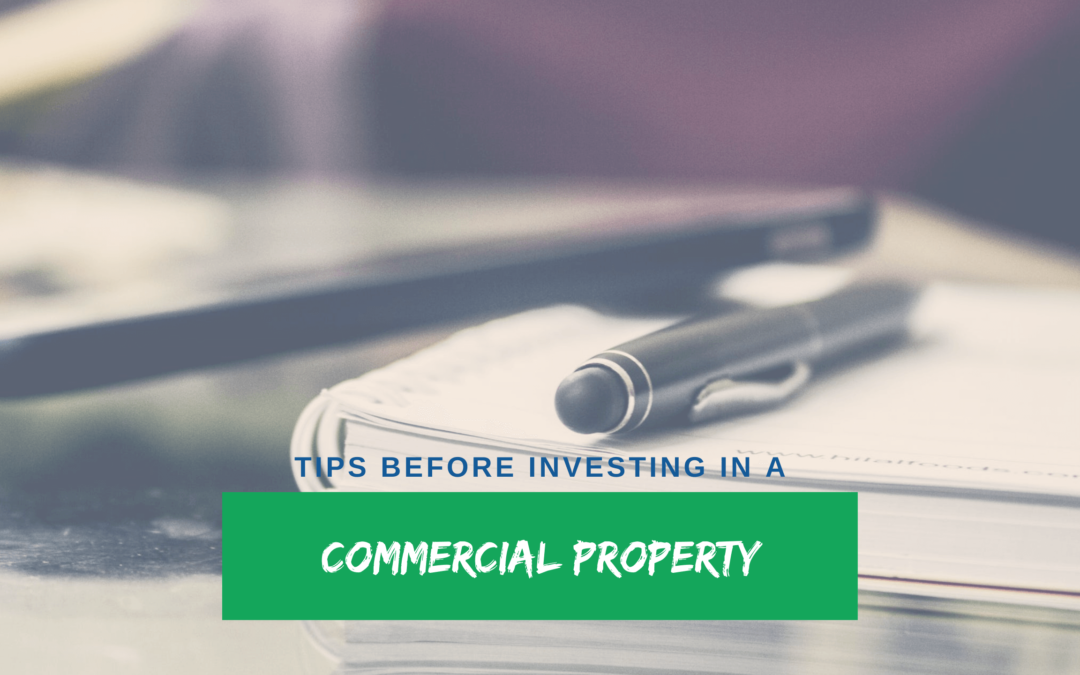Commercial real estate in the Dallas-Fort Worth market typically includes retail stores, restaurants, shopping malls, office buildings, and warehouses or industrial spaces. Sometimes, residential properties such as apartment buildings or mixed-use buildings where there are business and residential spaces are also considered commercial.
Investing in commercial real estate has been a great way for investors to increase cash flow, reduce expenses, and diversify their investment portfolios.
With so many options and strategies, investors are smart to look at commercial opportunities. Here’s what you need to know as a Dallas-Fort Worth investor who is considering this type of investment.
Commercial Real Estate Often Generates Higher Income
Commercial properties generally offer a better return on investment, especially when you compare ROI to single-family rental homes. There’s a much lower vacancy risk with commercial real estate, and you can often rent out more units per property.
Another feature that impacts profitability is that commercial leases are generally longer than those found in residential real estate. This means that commercial real estate owners have to deal with far less tenant turnover.
There’s consistent rental income with commercial properties because those lease periods are longer. The economy of scale is also bent in the owner’s favor. You’ll multiply your income streams more quickly and you’ll spend less on a per-unit basis.
Following Commercial Market Trends
While it’s true you’re likely to earn more rent and hold onto commercial tenants longer, you also have to consider the impact that local economic factors have on commercial spaces. It’s a lot more nuanced than residential markets.
For example, the COVID-19 pandemic had a huge impact on hotels, restaurants, and office buildings. Demand for office space dropped steeply as employees who could work from home did so, instead of taking up space and resources in an office. Hotels saw business slow and many restaurants were unable to reopen after initial shutdowns during the early days of the pandemic.
The Dallas market has bounced back strong, but this is a good example of what you have to expect and plan for if you’re going to invest in commercial spaces.
Prepare for Commercial Occupancy Costs
Before you invest in Dallas-Fort Worth commercial property, you need to accurately assess what your occupancy costs are likely to be. Typically, commercial real estate rates are quoted on a per-square-foot per year basis. Owners will need to calculate the total dollar amount they’ll spend when they acquire a new investment property.
Take the time to estimate the rent schedule throughout the term of the lease agreement. Operating expenses will have to be covered on your end or be shifted to your commercial tenants. Some will be expected and others will be variable.
Talking to a Dallas-Fort Worth property manager before you acquire your first commercial investment property is the best way to determine what you’ll really be spending.
Benefits of Triple Net Lease Agreements
One thing that’s unique to commercial rental properties, particularly office buildings and industrial or warehouse space is that you’ll be able to offer your tenants a Triple Net Lease. Why does this make sense for owners? Because it provides a lower level of out-of-pocket expenses for you. Under this type of lease agreement, commercial tenants pay the building’s real estate taxes, property insurance, and maintenance costs. You won’t be able to shift those costs to your residential tenants.



Recent Comments